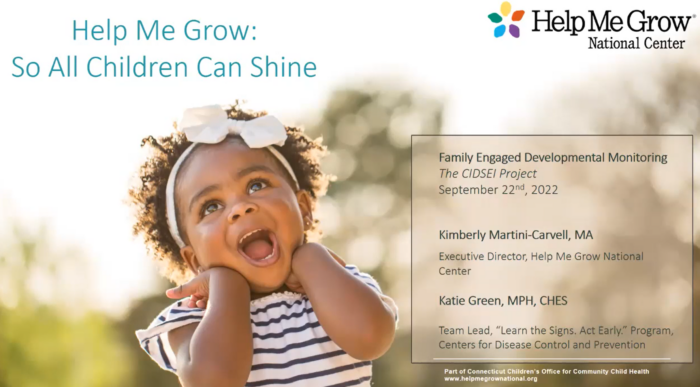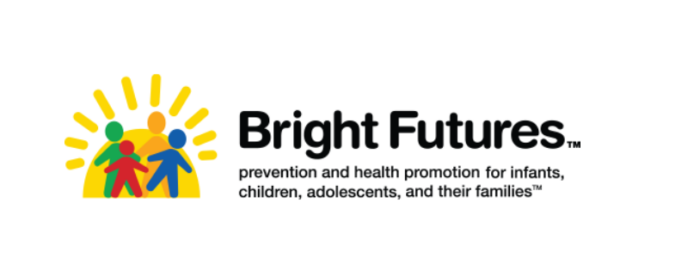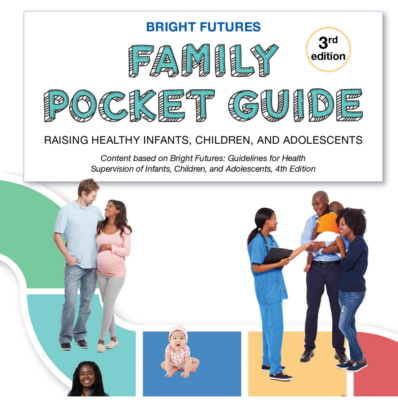A Roadmap for Advancing Family-Engaged Developmental Monitoring

The purpose of the roadmap is to introduce and describe family-engaged developmental monitoring (FEDM) as a key component of a framework for children’s healthy development and family well-being that includes developmental promotion, screening, referral, and receipt of services. The roadmap offers opportunities to support FEDM at the program/practice and system levels, including self-assessments, to determine the extent to which FEDM is practiced. By clarifying the terminology and definition of FEDM and what it looks like in practice, the roadmap can help programs and systems that serve families with young children employ FEDM strategies as part of their work in a more standardized way. The roadmap acts as a first step on a path toward a coordinated and integrated data system for early intervention that fosters positive outcomes for young children and their families.
FEDM is defined as an intentional partnership of families and providers (i.e., all of those who serve and interact with young children, including medical, education, social service, community-based, faith-based, and many other child-serving sectors) working to highlight a child’s developmental progress and identify opportunities for support and education for positive outcomes.
FEDM encompasses and expands upon the existing practices of developmental monitoring and surveillance in clinical and non-clinical settings to establish a shared understanding of best practices across the early childhood field and the families it serves. Inclusion of “family-engaged” terminology centers families as experts on their children and equal partners in the process. The expanded definition of FEDM codifies best practices, affirming a family-driven, asset-based approach that recognizes what is going well and identifying families’ priorities for their children, including risk factors such as social drivers of health.
Three Essential Attributes of FEDM
- Families are regarded as experts on their children’s development.
- Information is gathered to inform a holistic approach to child development.
- Developmental progress and needs are discussed over time.





